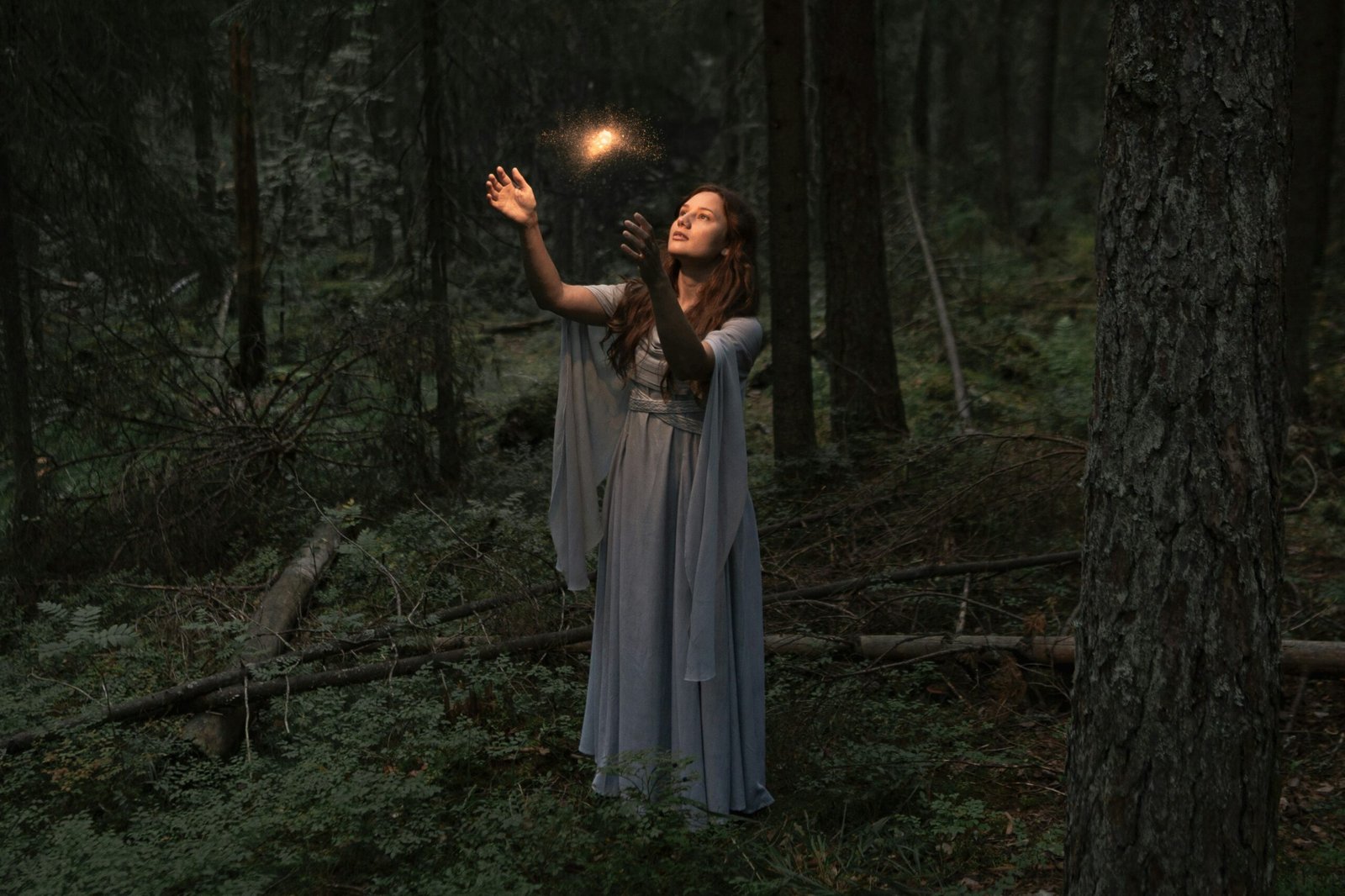Wicca: Principles, Practices, and the Wheel of the Year
Wicca is a modern spiritual and religious movement centered on nature worship, personal empowerment, and the cycles of life. Often categorized as a form of witchcraft, Wicca blends ancient pagan practices with contemporary interpretations, providing a framework for spiritual growth and connection with the Earth.
Wiccans typically believe in a divine duality represented by the God and Goddess, practice rituals aligned with the Wheel of the Year, and engage in magical practices to focus intention and energy. At its heart, Wicca is a celebration of life, the Earth, and the interconnectedness of all things.
Core Principles and Beliefs
1. The Wiccan Rede
The Wiccan Rede is the cornerstone of Wiccan ethics, famously stating: “An it harm none, do what ye will.” This principle encourages practitioners to act freely while considering the well-being of others and avoiding harm. It reflects personal responsibility and respect for the interconnectedness of life.
2. The Rule of Three
Also known as the Law of Return, this principle teaches that every action or intention sent out into the world whether positive or negative, returns to the sender threefold. It serves as a reminder to approach life with mindfulness, compassion, and integrity.
3. Reverence for Deities
Wiccans honor the God and Goddess, representing masculine and feminine energies in balance. The Goddess is often associated with the moon, fertility, and nurturing, while the God embodies the sun, cycles of life, and strength. Together, they symbolize the creative and regenerative forces of the universe.
4. Connection to Nature
Nature is sacred in Wicca, and its cycles are deeply respected. Practitioners often align their rituals and celebrations with the phases of the moon and the turning of the seasons, recognizing the Earth as a living and interconnected entity deserving of reverence.
5. The Wheel of the Year
Wiccans celebrate eight sabbats throughout the year, marking significant seasonal shifts and agricultural cycles. These festivals reflect themes of rebirth, balance, abundance, and transformation, connecting practitioners to the rhythms of nature and the universe.
6. Magick and Energy Work
Magick in Wicca is the practice of focusing energy and intention to create change, both spiritually and materially. It is often performed through rituals, spells, and the use of tools like candles, crystals, and herbs. Magick emphasizes personal empowerment and the harnessing of natural forces.
7. Inclusivity and Personal Freedom
Modern Wicca values inclusivity, welcoming individuals of all genders, orientations, and backgrounds. Practitioners are encouraged to explore and tailor their spiritual path, creating a highly personalized and empowering practice.
The History of Wicca
Ancient Inspirations
Wicca draws heavily from pre-Christian pagan traditions in Europe, where agricultural cycles, nature worship, and polytheistic practices were central. Celebrations such as solstices, equinoxes, and harvest festivals laid the foundation for Wiccan sabbats.
Modern Revival
The modern Wiccan movement began in the mid-20th century, spearheaded by Gerald Gardner, a British occultist and folklorist. Gardner claimed to have been initiated into a secret witchcraft coven and blended its practices with ceremonial magick and teachings from figures like Aleister Crowley.
Key milestones in Wicca’s development include:
- Gardner’s books Witchcraft Today (1954) and The Meaning of Witchcraft (1959), which introduced Wicca to the public.
- The formation of various Wiccan traditions, such as Gardnerian Wicca and Alexandrian Wicca, each with their own rituals and interpretations.
- Wicca’s spread to the United States, where it evolved into more eclectic and personalized forms.
Growth and Evolution
Today, Wicca is recognized as a legitimate spiritual path in many parts of the world, with practitioners embracing diverse practices that honor their individuality while staying true to the essence of Wicca.
Rituals and Practices
The Wheel of the Year
Wiccans celebrate eight seasonal festivals, or sabbats, that align with the Earth’s cycles:
- Samhain (October 31): Honoring ancestors and the end of the harvest.
- Yule (Winter Solstice): Celebrating the rebirth of the sun.
- Imbolc (February 1-2): A festival of light and renewal.
- Ostara (Spring Equinox): Celebrating balance and new life.
- Beltane (May 1): A fertility festival marking the height of spring.
- Litha (Summer Solstice): A celebration of light and abundance.
- Lammas (August 1): A harvest festival giving thanks for the first crops.
- Mabon (Autumn Equinox): A time of balance and gratitude for the harvest.
Magick and Spellwork
Magick in Wicca is seen as the manipulation of energy through intention. Common practices include:
- Candle Magick: Using candles to focus energy and intention, with different colors representing specific goals (e.g., green for prosperity, red for passion).
- Herbal Magick: Incorporating herbs like lavender, rosemary, and sage for healing, protection, or cleansing.
- Divination: Tools like tarot cards, pendulums, or scrying mirrors help practitioners gain insight or guidance.
Sacred Spaces
Wiccans often create altars as focal points for rituals. These spaces may include:
- Candles to represent fire and spirit.
- Crystals and herbs for energy work.
- Tools like athames (ritual knives) and chalices.
- Statues or symbols of the God and Goddess.
Modern Wicca
Wicca has grown into a diverse and dynamic spiritual practice. While some adhere closely to traditional practices, others adopt eclectic approaches, blending Wicca with other spiritual paths like shamanism, astrology, or Eastern philosophies.
Inclusivity
Modern Wicca embraces people of all genders, sexual orientations, and cultural backgrounds, reflecting its emphasis on balance, equality, and personal expression. Many find Wicca to be a welcoming and empowering path in a fast-paced, disconnected world.
Popularity in Media and Culture
Wicca’s mystique has influenced pop culture, inspiring books, TV shows, and films like The Craft, Charmed, and Practical Magic. While these portrayals often dramatize Wicca, they have sparked curiosity and interest in the practice.
Wicca remains a profound and adaptable spiritual path, offering a deep connection to nature, the divine, and the self. As a celebration of balance, cycles, and intention, it empowers practitioners to align with the energies of the universe and find their own unique path.
Photo by alexey turenkov on Unsplash

